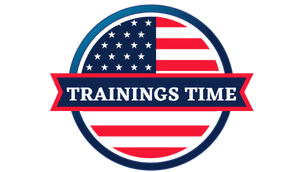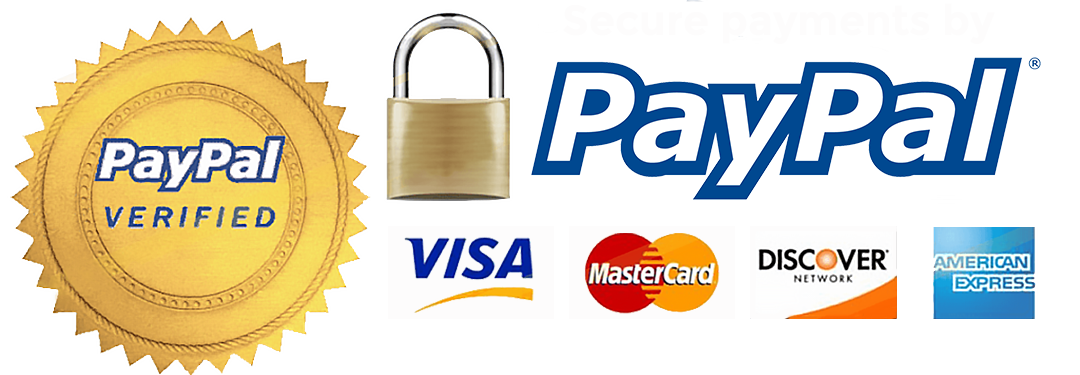Description
RECORDED TRAINING COURSE
The Fair Labor Standards Act (FLSA), commonly referred to as the Wage and Hour Act, was passed in 1938 and since then has been amended many times. The major provisions of the FLSA are concerned with minimum wage rates and overtime payments, child labor, and equal rights.
The US Department of Labor, Wage & Hour Division, oversees federal labor laws. Additionally, State DOLs administer state labor laws. Failure to comply with Wage & Hour laws may result in the employer paying the employee back wages, damages, penalties, attorney fees, and court costs, plus the prospect of civil and criminal penalties from federal and/or state governments. Therefore, Wage & Hour compliance is of the utmost importance.
SESSION HIGHLIGHTS:
- What is the Fair Labor Standards Act?
- Anticipated changes to salary levels in 2023
- Federal & State minimum wage proposals
- Tests are used to determine if an employee is exempt from FLSA
- Importance of determining the primary duty of a job
- The six FLSA exemptions
- Exempt vs. Non-Exempt status
- Salary Level and Salary Basis tests
- Determining when to pay overtime
- Calculating overtime pay
- Minimum wage provisions under FLSA
- Equal pay provisions under FLSA
- Child labor regulations
- Recordkeeping requirements
- Repercussions of FLSA non-compliance
Why You Should Attend:
This webinar will lay the groundwork for determining whether your employees are properly classified as Exempt or Non-exempt and ensuring that wage and hour laws are being followed properly.
Who Should Attend:
- Human Resources Professionals
- Compensation & Benefit Professionals
- Compliance professionals
- Payroll Professionals
- Managers & Supervisors
- All Employees & Staff
Note: You will get access to the Recording link and E-Transcript; in your account and at your registered email address.





